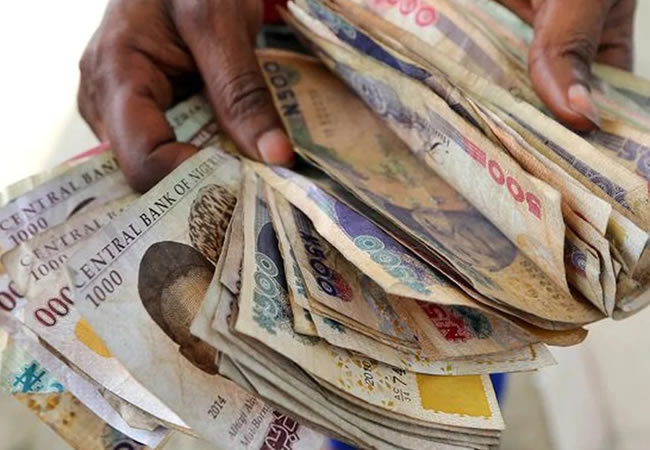Money market rates, including the overnight lending and open repo rates, continued to decline following an inflow from the Federal Accounts Allocation Committee into the financial system.
As a result, liquidity in the financial system saw a marked improvement, rising by ₦1.02 trillion. This shifted the position from a debit of ₦837.29 billion to a credit balance of ₦183.98 billion, according to a report by AIICO Capital Limited.
The report noted that the primary driver behind this positive change was the ₦874 billion disbursed by the FAAC. Additionally, Cordros Capital Limited indicated that liquidity was further enhanced by net cash reserve ratio credits totaling ₦154 billion.
However, several factors, including debits from the FGN bond auction, foreign exchange market interventions by the CBN, and CRR debits, drove interest rates above 32% during the week, analysts at AIICO Capital Limited noted.
Last week, a debit of ₦289.60 billion from FGN bonds was recorded, reducing available funds in the financial system.
Despite this, funding levels rose again towards the end of the week due to signature bonuses and additional cash reserve credits, pushing money market rates lower.
Data from the FMDQ platform showed that the Overnight Policy Rate declined by 2.55% to 29.78%, with minimal funding pressure. The Overnight Rate also dropped by 2.42% to 30.14% week-on-week.
AIICO Capital Limited stated in its update, “We expect rates to moderate as increased liquidity from anticipated FGN Bond coupons and OMO maturities comes in, barring any major outflows from CRR debits, OMO auctions, or FX interventions.”
In the absence of additional CBN liquidity management measures, analysts at Cordros Capital Limited forecast further improvements in liquidity from OMO maturities worth ₦379.20 billion and FGN bond coupon inflows of ₦238.90 billion in the coming week.
Cowry Asset Limited reported that the Nigerian Interbank Offered Rate (NIBOR) dropped by 3.81%, settling at 28.13%, reflecting increased liquidity in the banking system.













